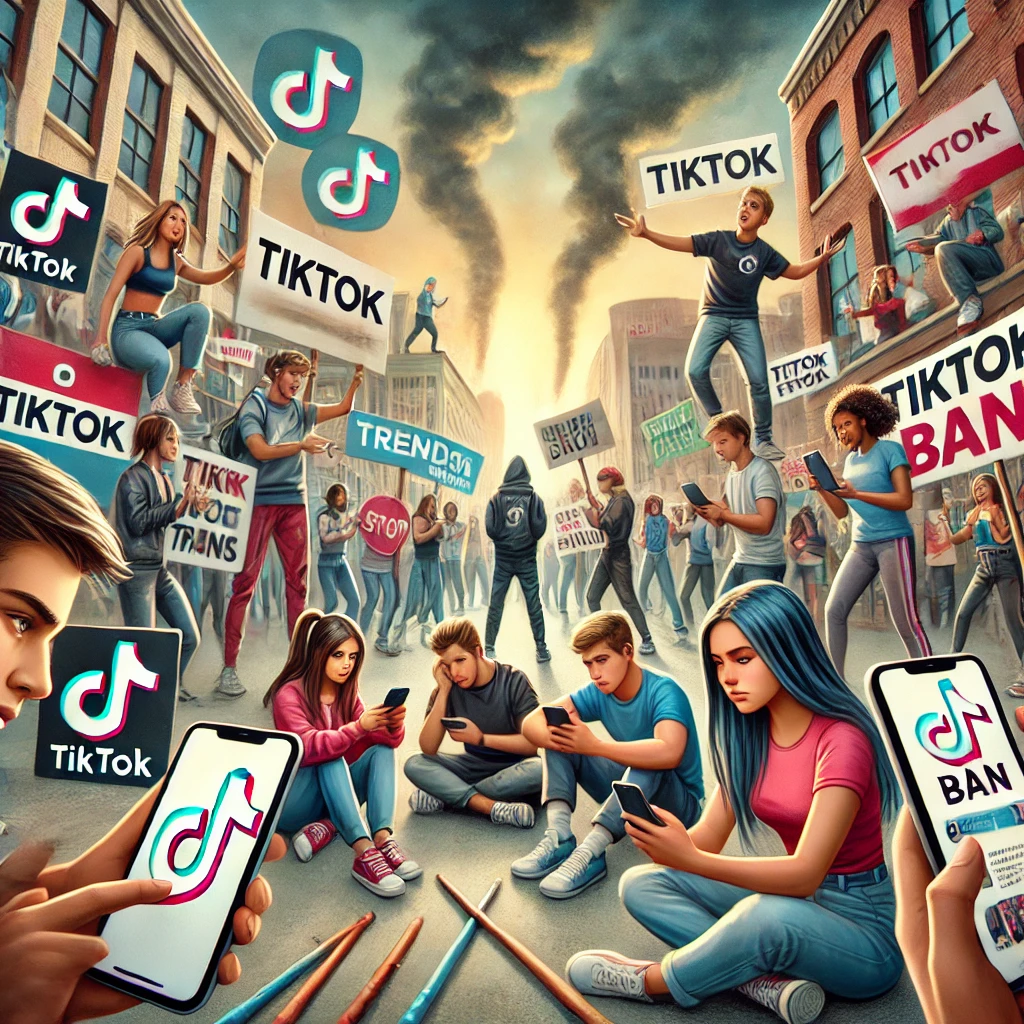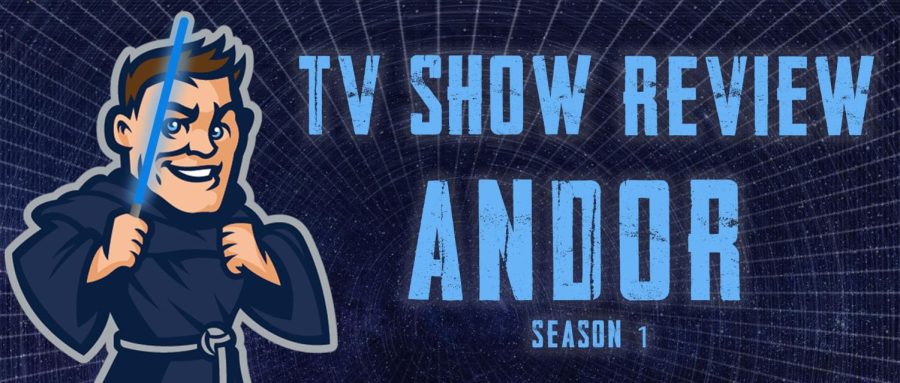As new platforms for reaching readers emerge, news outlets have found distributing news to be easier, but much more competitive. With the massive size of the internet, it’s hard to be the first to report new events or content. As a result, many outlets are looking for different ways to capture new audiences.
Most of these initiatives are rather harmless. Take, for example, Snapchat’s new “Discover” feature. Companies can pay Snapchat to post featured articles and stories on the “Discover” screen. Out of the twelve “stories” available for viewing, eight of them come from some sort of publication.
However, some outlets are willing to go into a grayer area in order to gain a higher amount of readers. While not necessarily illegal, some methods are questionable- at best.
Buzzfeed, a “social news and entertainment company”, is a modern day source of “yellow journalism”. Whether it is a list of “11 Problems People Had In The ’00s” to a quiz on “What Kind Of Garbage Are You?”, Buzzfeed is notorious for publishing sensationalist “clickbait” titles.
Through their clickbait titles, Buzzfeed tries to gain page views and ad revenue. Their writers attempt to pander to both nostalgic and edgy viewers with their titles, but in the end deliver low quality content.
The problem, however, is that their model is working.
Because of Buzzfeed’s success, legitimate news sources, such as CNN, have slowly started to insert clickbait titles into their tweets. One recent CNN tweet, for example, says that “14-year-old girl stabbed her little sister 40 times, police say. The reason why will shock you.”
Perhaps what is the most ironic thing about this problem is the fact that Buzzfeed does not realize – or admit – that it is a clickbait site. In a blog post blazingly titled “Why BuzzFeed Doesn’t Do Clickbait”, Editor-In-Chief Ben Smith claims that Buzzfeed’s titles underpromise and overdeliver. However, a quick search of the terms “you won’t believe” says the opposite.
Even more ironic is how Buzzfeed slammed CNN after they published the tweet mentioned above. In an article titled “CNN Tweeted An Upworthy-Ish Headline, And It Really Didn’t Go Down That Well On Twitter”, Buzzfeed staff member Scott Bryan deliberately chooses tweets that slams CNN for having an “Upworthy-like” title.
While news organizations do (and should) have the right to experiment and try new ways of reaching readers, reader’s trust and ethics need to be taken into consideration. For far too long, both have been taken for granted by publishers and writers alike.
Readers need to be aware that the success of Buzzfeed may influence other publishers, including reputable and legitimate sources, to follow their lead. CNN is only one example of the publishers caving into clickbait titles.
In response to this growing trend of clickbait content, satirical publisher The Onion has created a new website that also satirizes clickbait sites. Titled Clickhole, the site takes a comical view on popular Buzzfeed articles. Clickhole closely mirrors Buzzfeed, down to the mix of quizzes, articles, and lists that are present.
While it is extremely unlikely that Buzzfeed will stop publishing clickbait articles anytime soon, readers should be aware of how the popularity of clickbait will affect the coverage of legitimate news sources. CNN may only be the start of a new revival of yellow journalism.
And you won’t believe why.







